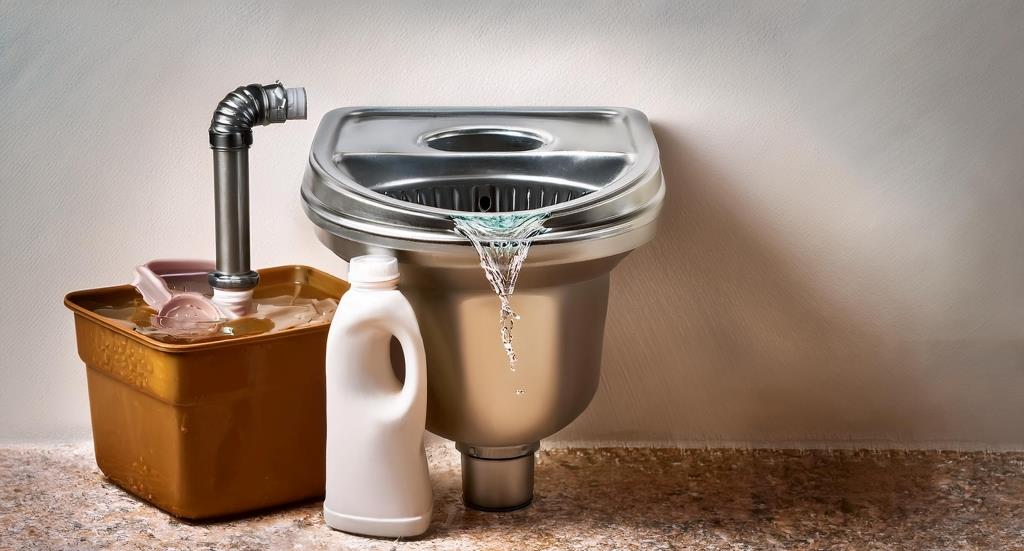
The Ultimate Guide to Drain Unblockers: Top Solutions for Clogged Drains
Clogged drains are a common household problem that can quickly turn into a frustrating issue if not addressed promptly. Whether it’s a slow-draining sink or a completely blocked shower, finding the right drain unblocker is essential to restore normal flow. In this article, we’ll explore the best drain unblockers available, how they work, and tips for choosing the right one for your needs.
Why Drains Get Clogged
Before diving into the best solutions, it’s important to understand why drains get clogged in the first place. Common causes include:
- Hair Buildup: Hair is one of the primary culprits, especially in bathroom drains.
- Grease and Fat: In kitchens, grease and fat can accumulate, leading to blockages.
- Foreign Objects: Items like food particles, soap residue, and even small objects can obstruct pipes.
- Mineral Deposits: In areas with hard water, mineral deposits can build up over time, narrowing the pipes.
Types of Drain Unblockers
When it comes to choosing a drain unblocker, there are several types available. Understanding the pros and cons of each can help you make an informed decision.
1. Chemical Drain Unblockers
Chemical drain unblockers are popular due to their effectiveness in breaking down tough clogs. They usually contain strong acids or alkaline substances that dissolve hair, grease, and other debris.
- Pros: Fast-acting, effective on tough clogs.
- Cons: Can be harsh on pipes, harmful to the environment, and pose safety risks if not handled properly.
2. Enzymatic Drain Unblockers
Enzymatic drain unblockers use natural enzymes and bacteria to break down organic material. They are safer for pipes and the environment compared to chemical options.
- Pros: Safe for regular use, eco-friendly, effective on organic clogs.
- Cons: Slower to act, may not work on severe blockages.
3. Mechanical Drain Unblockers
Mechanical drain unblockers, such as plungers, drain snakes, and augers, physically remove the blockage. These tools are reusable and don’t involve chemicals.
- Pros: Immediate results, no chemicals, reusable.
- Cons: Requires manual effort, may not reach deep clogs.
How to Choose the Right Drain Unblocker
Selecting the best drain unblocker depends on several factors, including the type of clog, the location of the blockage, and your preferences regarding safety and environmental impact.
- Assess the Severity of the Clog: For minor blockages, enzymatic solutions may suffice. For more stubborn clogs, chemical or mechanical unblockers might be necessary.
- Consider Pipe Material: If you have older or delicate pipes, avoid harsh chemicals that could cause damage.
- Think About Safety: If you have pets or children, opt for non-toxic, enzymatic unblockers to avoid accidental exposure.
- Frequency of Use: For regular maintenance, enzymatic unblockers are a safer, long-term solution.
Top 5 Drain Unblockers on the Market
To help you make an informed decision, here’s a list of the top 5 drain unblockers available today:
- Product A: A powerful chemical solution for tough clogs.
- Product B: An enzymatic option perfect for eco-conscious homeowners.
- Product C: A versatile mechanical tool that works on most types of blockages.
- Product D: A budget-friendly option that’s effective and easy to use.
- Product E: A premium choice for those who want a fast-acting, reliable solution.
DIY Drain Unblocking Tips
Sometimes, you may prefer a DIY approach before resorting to commercial drain unblockers. Here are some simple methods to try:
- Boiling Water: Pouring boiling water down the drain can help dissolve grease and soap scum.
- Baking Soda and Vinegar: This classic combination creates a fizzing action that can break up minor clogs.
- Plunger: A plunger is often the first tool to try for slow-draining sinks or tubs.
Preventing Future Clogs
Prevention is better than cure. To avoid future drain blockages, follow these tips:
- Use Drain Covers: Catch hair, food particles, and other debris before they go down the drain.
- Avoid Pouring Grease Down the Sink: Dispose of grease in a container and throw it in the trash instead.
- Regular Maintenance: Use enzymatic drain cleaners regularly to keep your pipes clear.
Choosing the right drain unblocker can save you time, money, and frustration. Whether you opt for chemical, enzymatic, or mechanical solutions, understanding the cause of your clog and the best method to tackle it is key. By following the tips and recommendations in this guide, you can ensure your drains remain clear and functional.